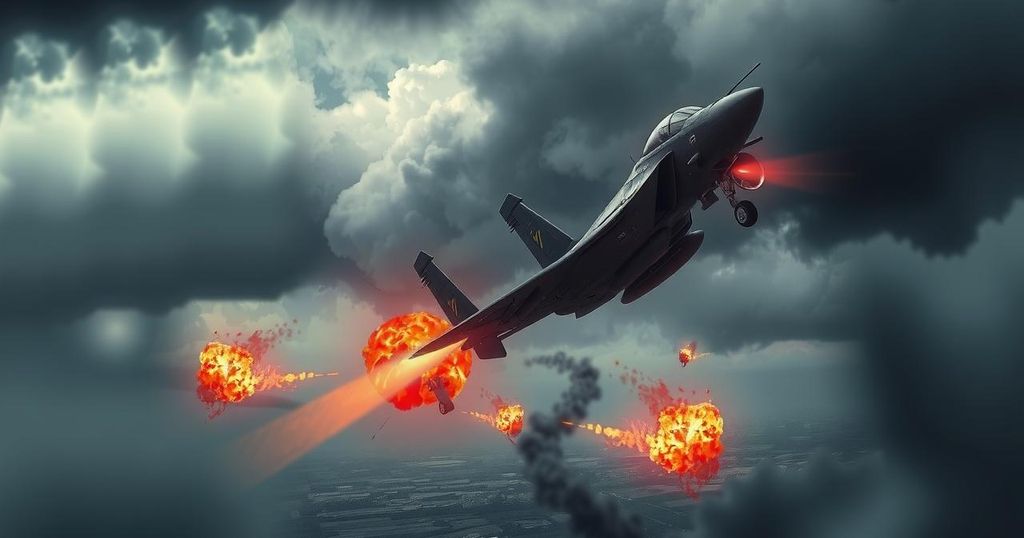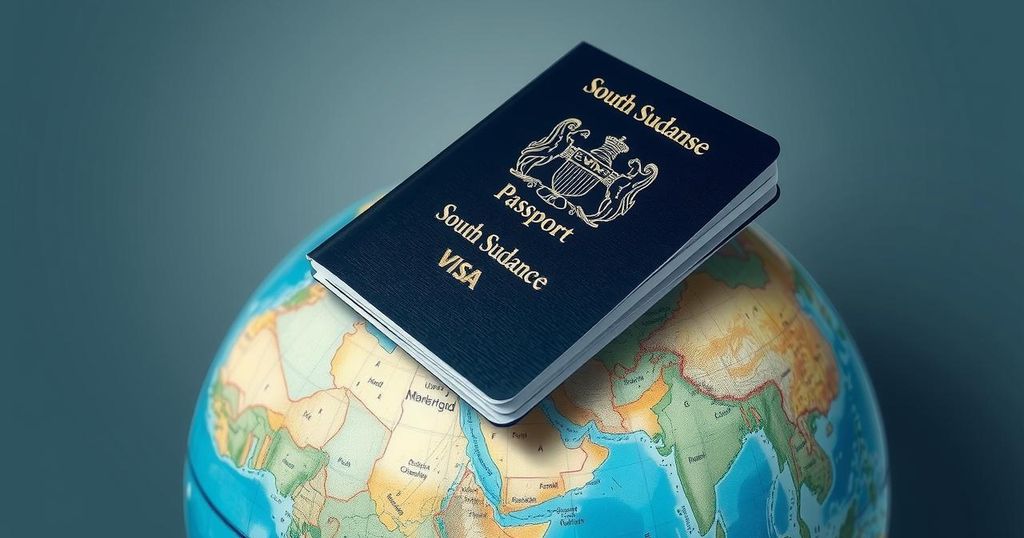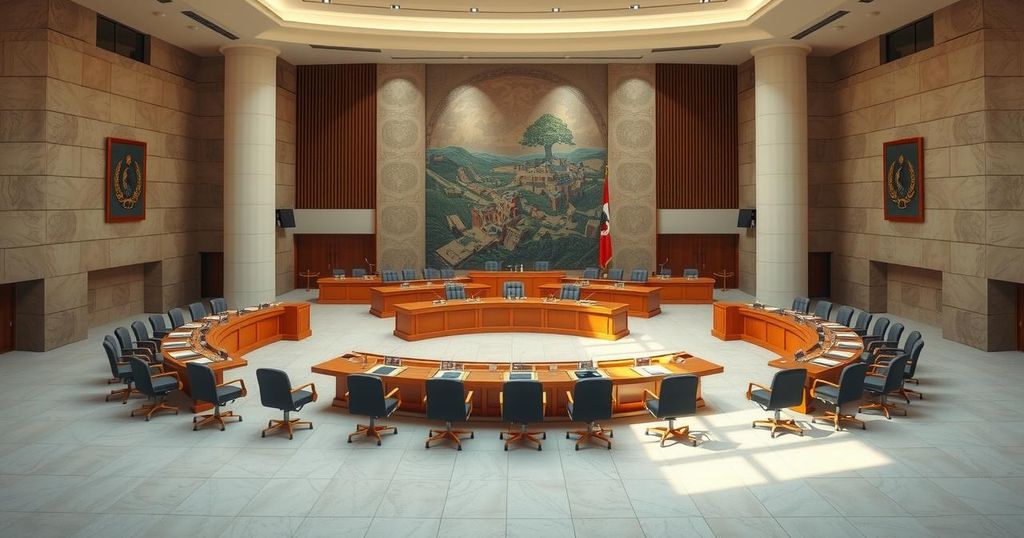Iran’s Supreme Leader rejected President Trump’s request for nuclear negotiations, potentially increasing the likelihood of military action. Israel continues its military operations to secure its borders and support regional communities, while the U.S. adjusts its aid policies in response to the ongoing crisis in Gaza.
Jerusalem, Israel – Iran’s Supreme Leader, Ayatollah Ali Khamenei, has firmly rejected President Donald Trump’s overtures to reinitiate discussions regarding Iran’s nuclear program. This rejection potentially paves the way for military intervention aimed at preventing Iran from achieving nuclear capabilities. Khamenei characterized Trump’s correspondence, relayed by the United Arab Emirates, as an insincere attempt to mislead global public opinion, asserting, “Iran is not ready to negotiate.”
President Trump has previously articulated that Iran can be approached via either diplomatic agreements or military action, underscoring the seriousness of the situation. Recently, joint military exercises conducted by Israel and the United States, featuring a B-52 Bomber, appeared to send a strong warning directed at Iran. Additionally, President Trump addressed the situation in Gaza, emphasizing that no expulsion of individuals is forthcoming, despite prior discussions regarding the relocation of Gaza’s population for U.S. reconstruction efforts.
The Arab League convened to evaluate alternative strategies concerning Gaza, recognizing that many residents express a desire to relocate to nations with less devastation. In a related matter, the United States informed Egypt of a planned reduction in military aid starting in 2026, correlating this decision with Egypt’s resistance to the resettlement of Palestinians in the Sinai Peninsula. Trump indicated the potential to halt funding if Egypt failed to accept displaced Gazans, which poses significant implications given Egypt’s over two billion dollars in annual military assistance.
To mitigate military threats, Israel has commenced targeted strikes within Syria and emphasized its commitment to protecting its borders. Israeli Defense Minister Israel Katz warned Syria’s Interim President, Ahmed al-Sharaa, of Israel’s readiness to maintain a military presence in Syria indefinitely. Katz commented on Israel’s vigilance, stating that al-Sharaa will always be reminded of Israel’s proximity and protective intent for the Golan Heights residents.
Moreover, Katz reaffirmed Israel’s commitment to the Druze community in Syria, permitting their entry into Golan Heights for employment amidst ongoing violence against Alawites and Christians by extremist factions. In a noteworthy diplomatic gesture, a delegation of 100 prominent figures from Syria’s Druze community is set to visit the Golan Heights controlled by Israel on an upcoming Friday.
In summary, Iran’s rejection of diplomatic overtures from the United States heightens concerns about potential military action regarding its nuclear ambitions. The geopolitical landscape further complicates with U.S. aid adjustments to Egypt and Israel’s proactive military stance in Syria. Strengthening commitments to regional communities, such as the Druze, and fostering diplomatic relations remain vital amid ongoing conflicts.
Original Source: cbn.com




